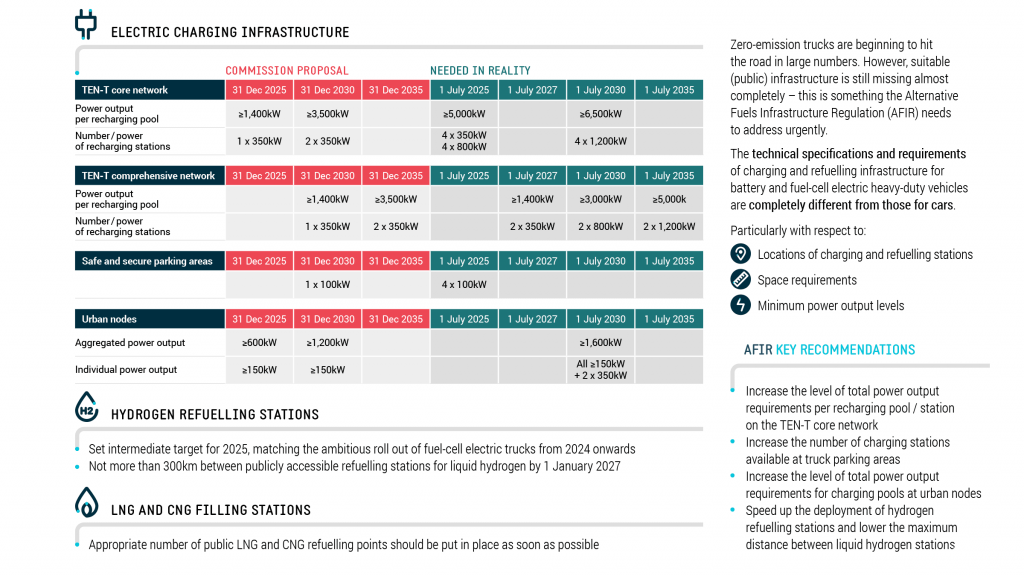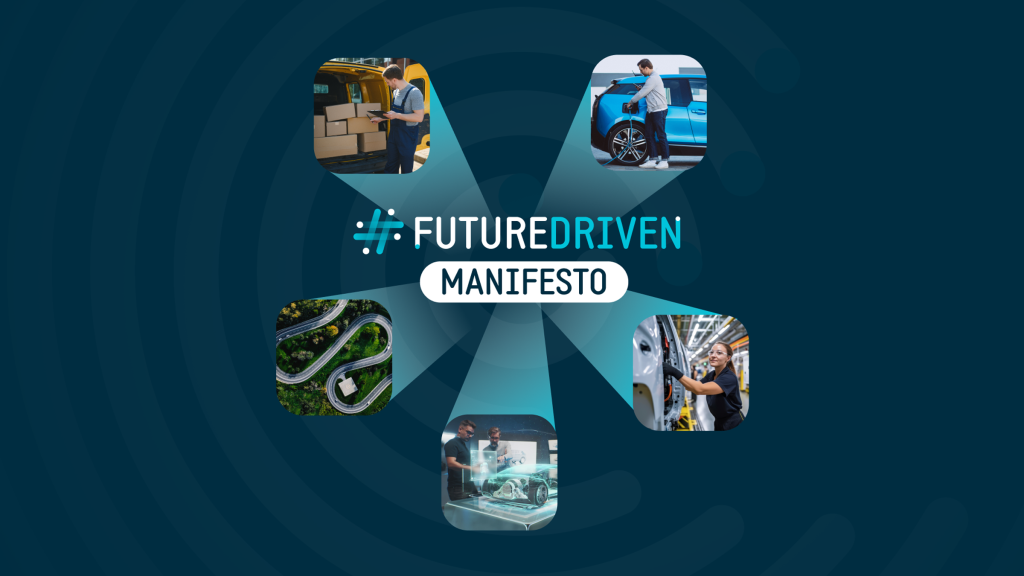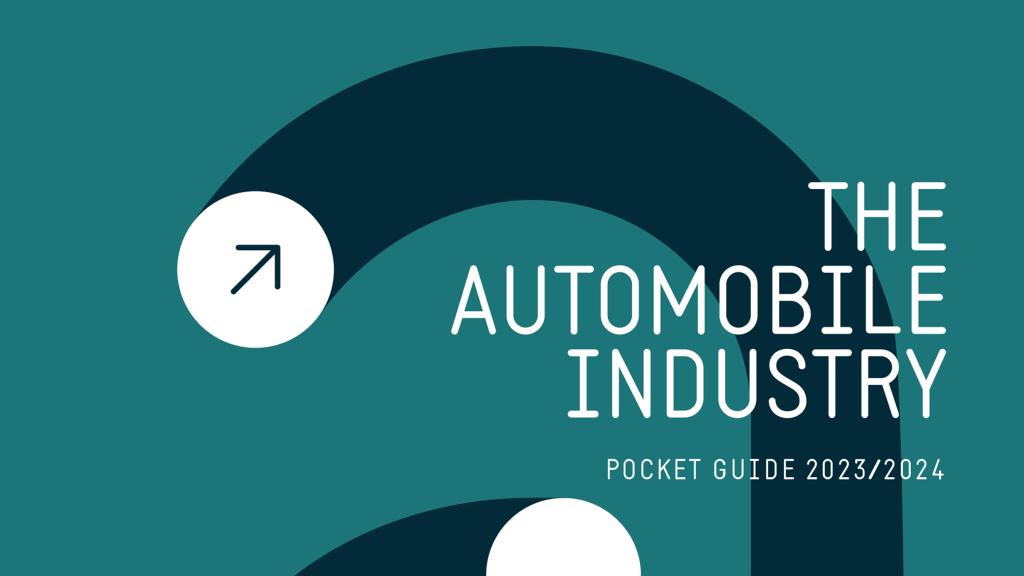Zero-Emission Trucks: Episode 3 – Transforming the trucking industry together
In this third episode of the #ZeroEmissionTrucks video series, Ford Otosan General Manager, Güven Özyurt, and Mustafa Varank, Minister of Industry and Technology in the Republic of Türkiye discuss how the transition of heavy commercial vehicles to zero emissions is critical for a sustainable future and tackling climate change.
Truck manufacturers are fully committed to the decarbonisation of the transport sector: “We have signed the ACEA declaration on the transition to zero-emission freight transportation in 2020, and pledged that all new trucks must be sold fossil-free by 2040,” confirmed Ford Otosan General Manager, Güven Özyurt.
A growing range of low- and zero-emission vehicles are now entering the market with a massive growth rate. But getting transport operators to embrace this shift requires that the right framework conditions are in place.
“Meeting the targets necessitates close cooperation of all the major global manufacturers, with the focus on alternative fuel technologies, battery cells and clean fuels,” added Mr Özyurt.
“We are determined to share the burden of efforts to tackle climate change. We are the biggest supporters of transformation in today’s world, where change is accelerating, uncertainties are increasing, and the competition is getting really hard,” said Minister Varank.
To achieve the ambitious targets set by the industry, policies that support this transition require more than strengthening CO2 targets for manufacturers. They should also focus on the enabling conditions, including an effective carbon pricing system that eventually extends to road transport. A seamless and adequate charging and re-fuelling network infrastructure is also necessary to ensure the quick market uptake of low- and zero-emission trucks.
“We are aware that the deployment of zero-emission trucks cannot be accelerated without adequate charging infrastructure. We are also aware that zero-emission heavy-duty vehicles have different needs compared to other vehicles, especially passenger cars,” explained Minister Varank.
To achieve the ambitious targets set by the industry, policies that support the transition to low- and #ZeroEmissionTrucks require more than strengthening CO2 targets for manufacturers. They should also focus on the enabling conditions.


